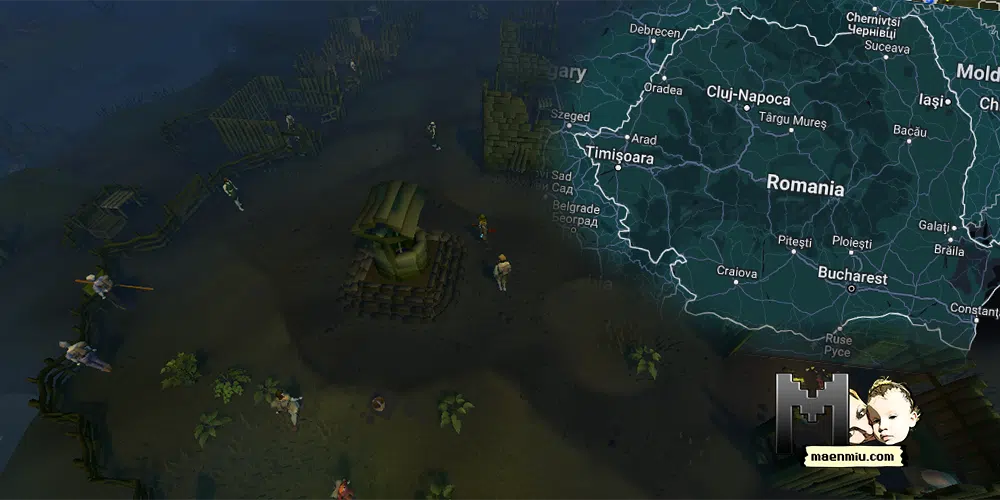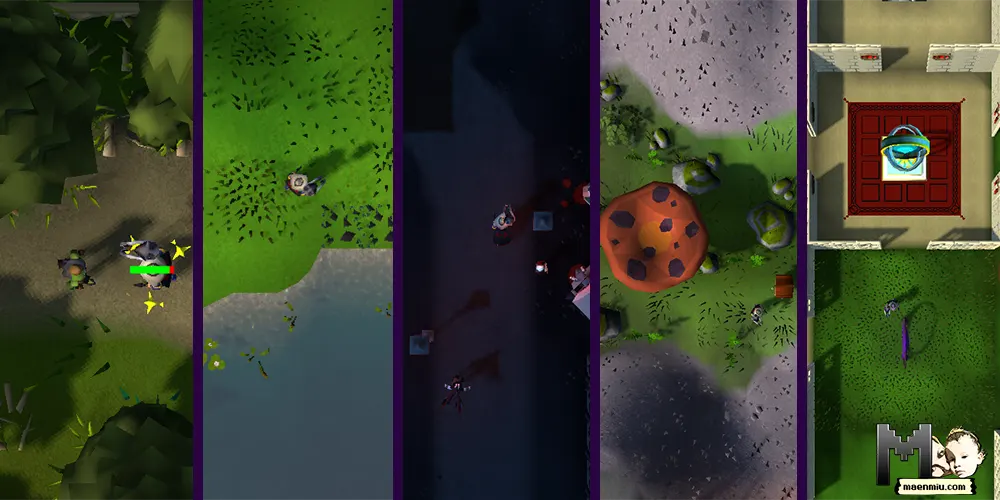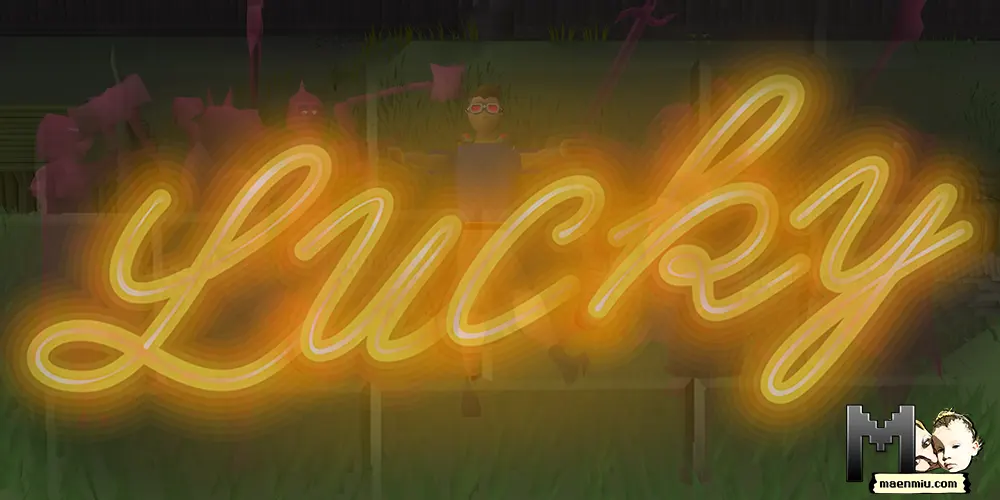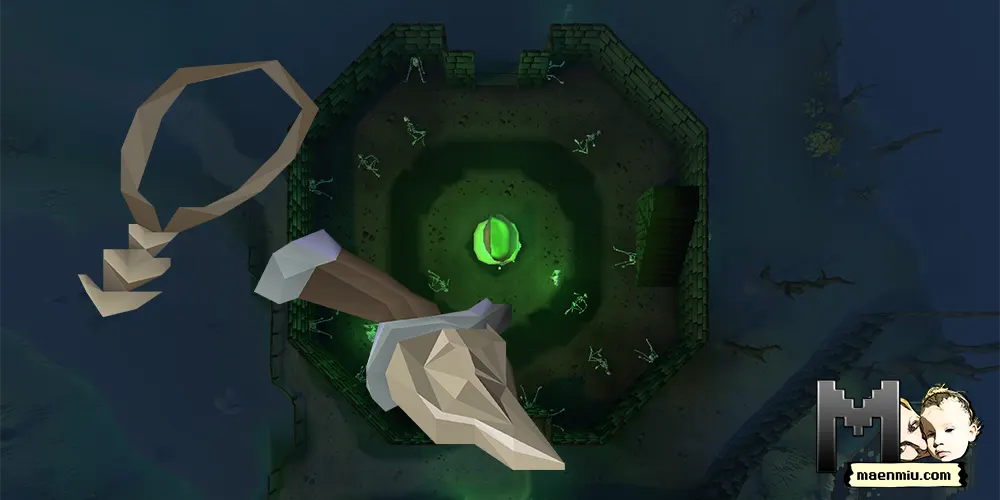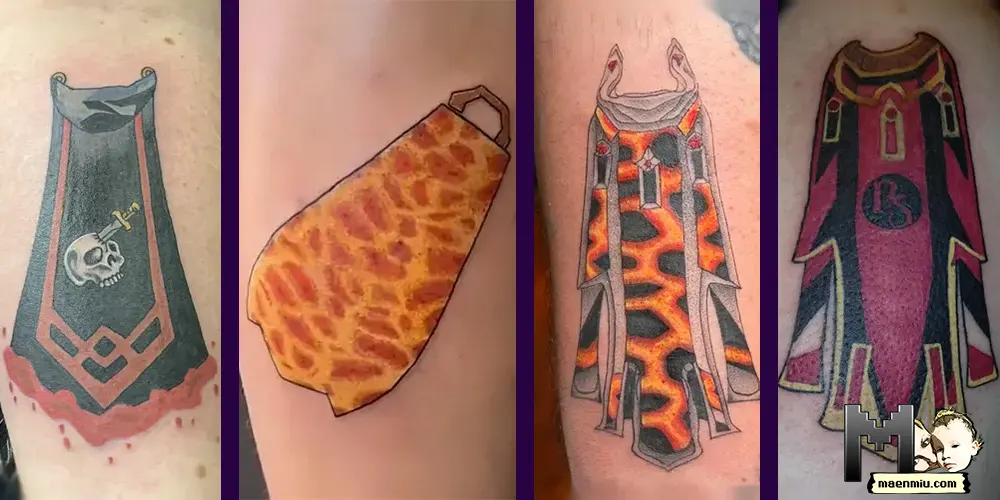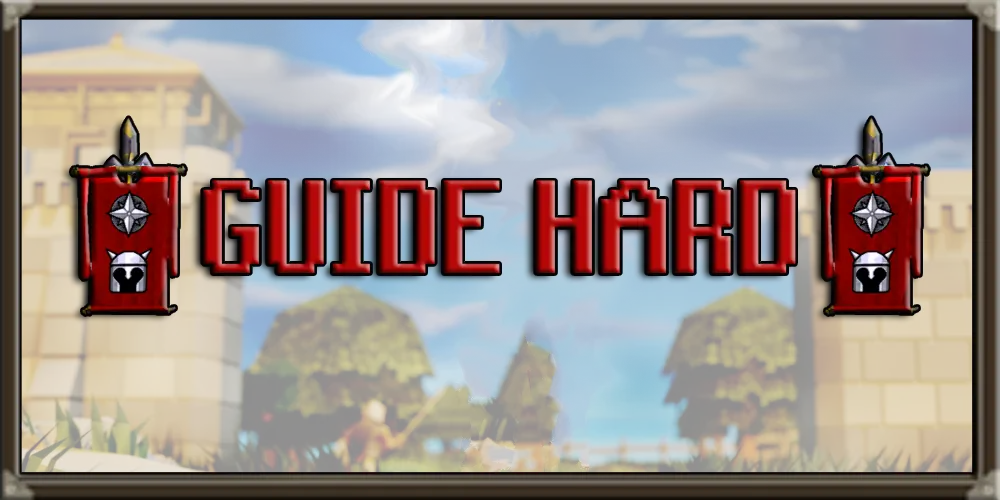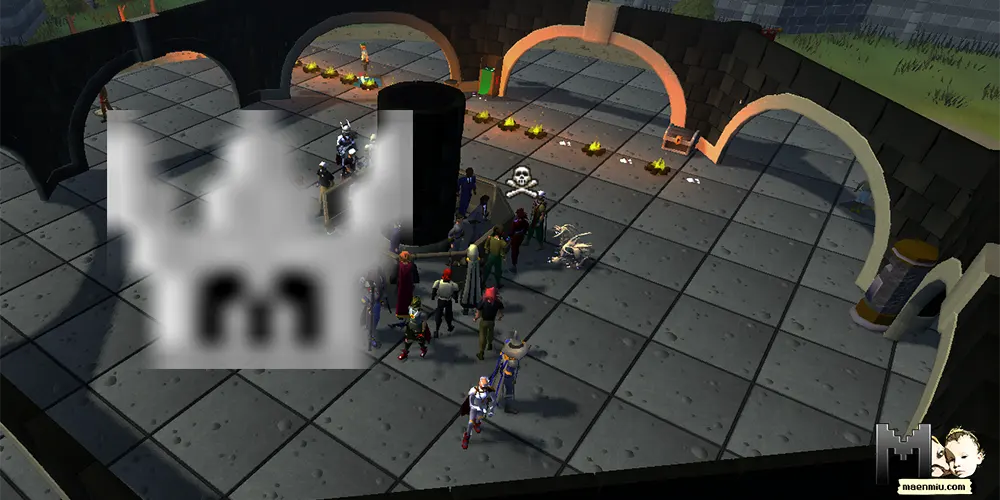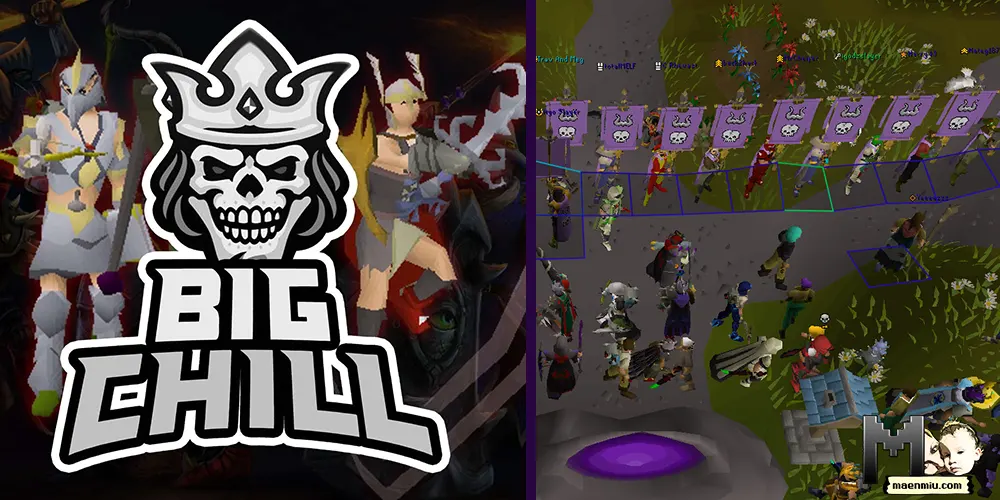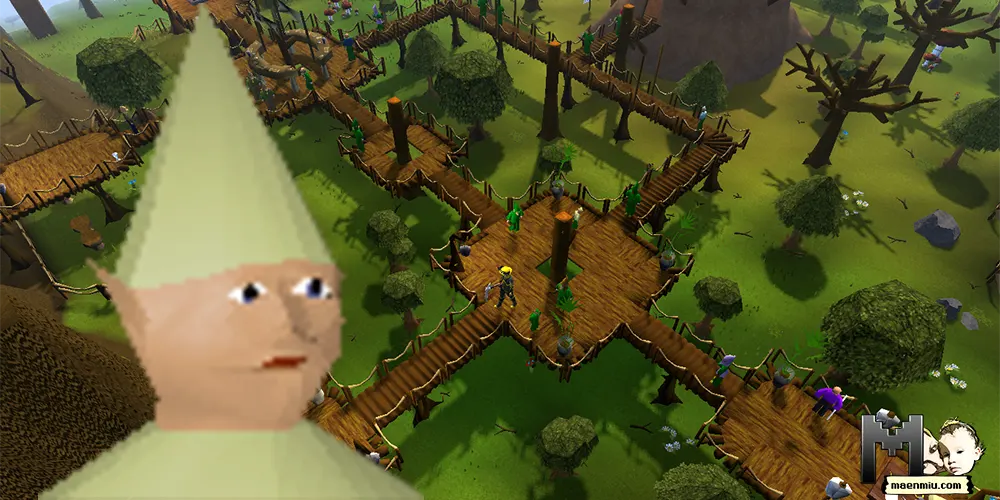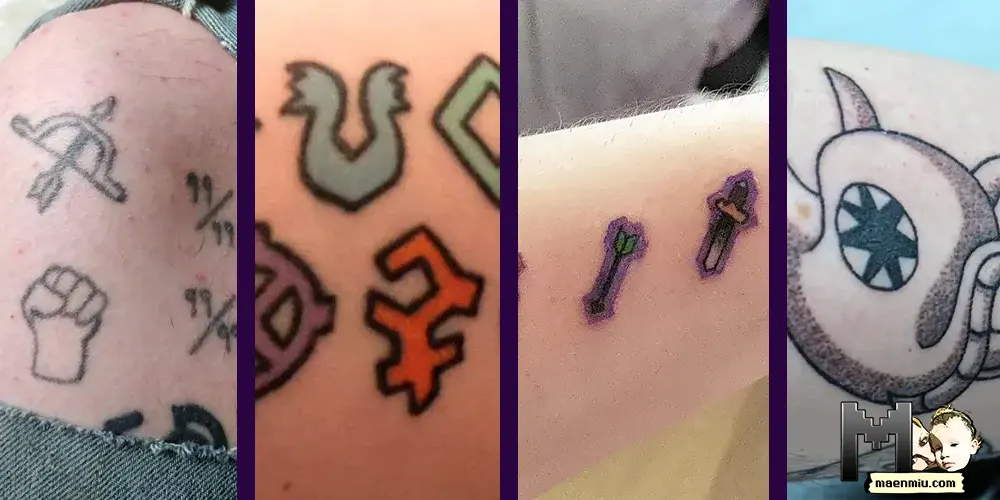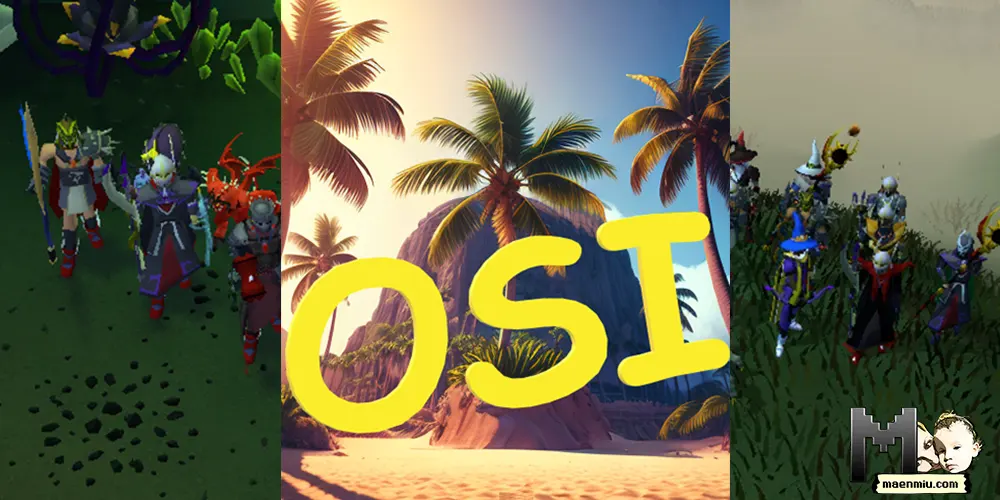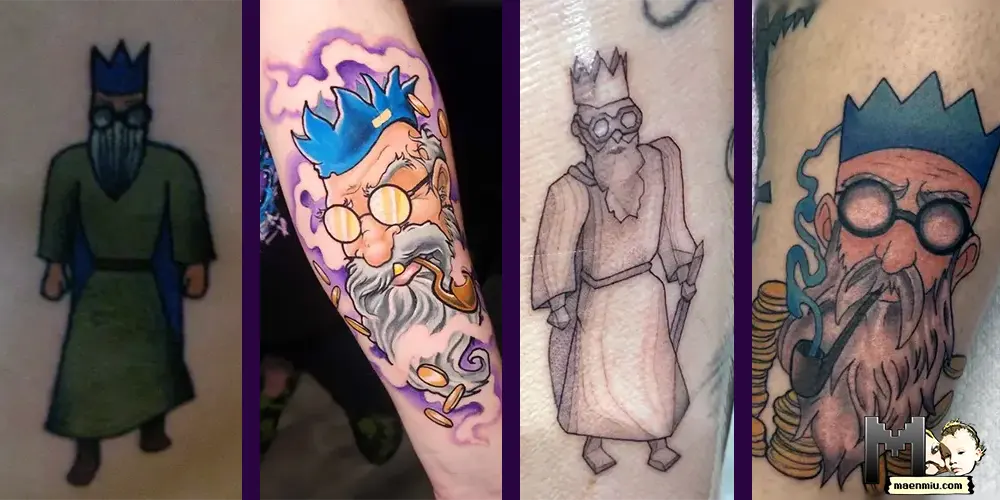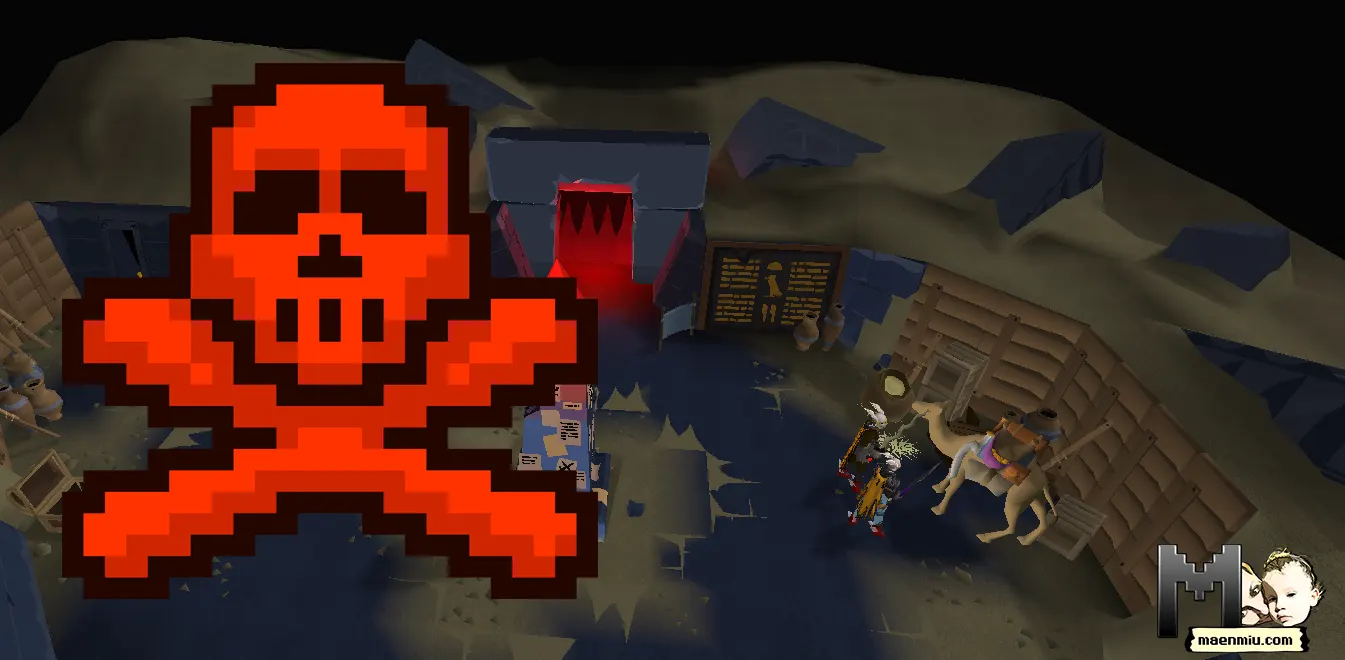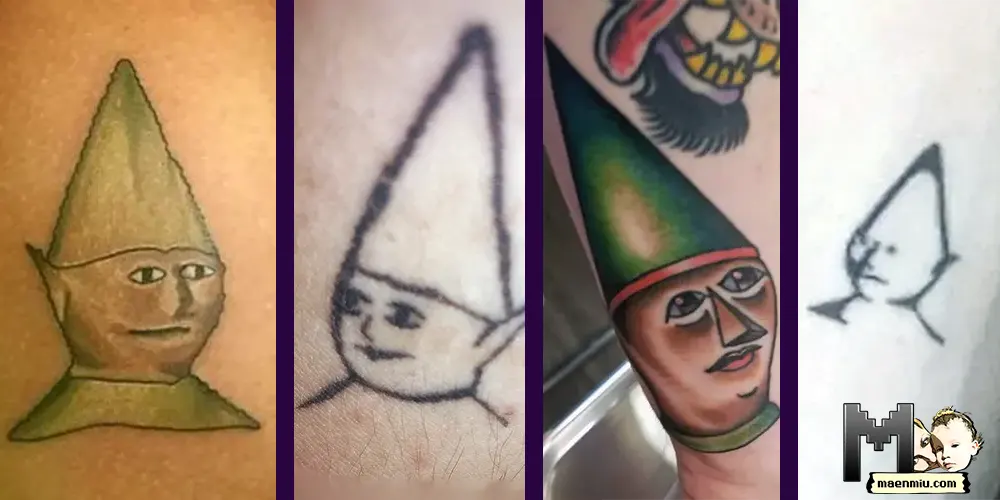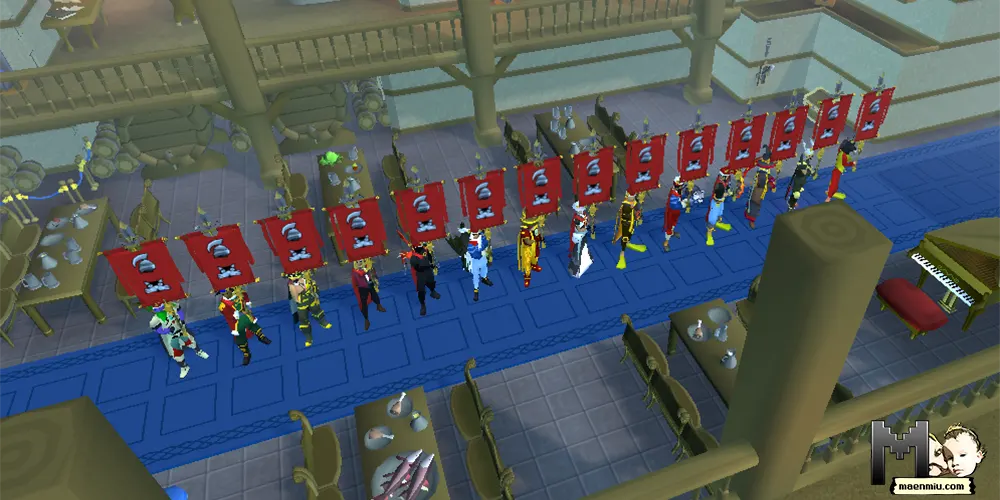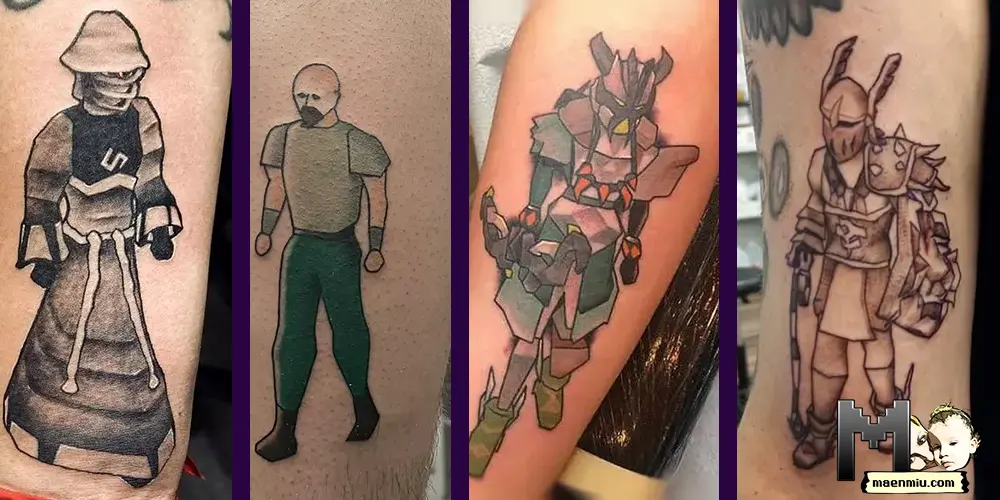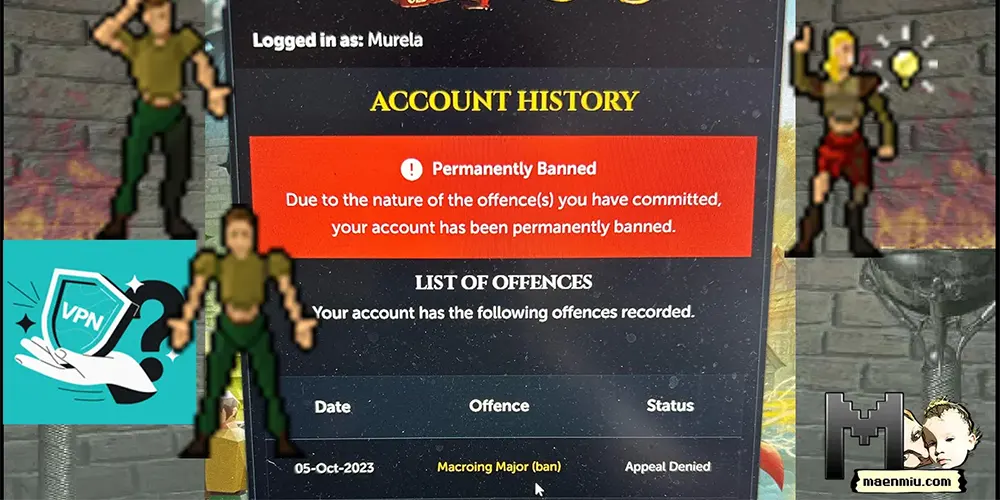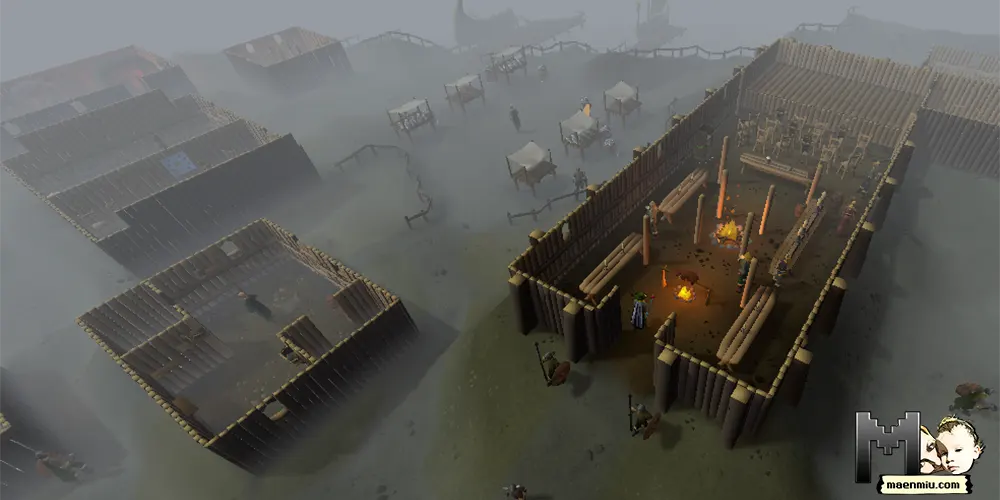
The comparison between real-life Viking legends and Rellekka in Old School RuneScape (OSRS) is an engaging and rich exploration that reveals how historical cultures can inspire and shape fictional worlds. By drawing parallels between these two societies, we can better understand not only the immersive fantasy world of RuneScape but also gain new insights into Viking culture and history. This comparative analysis serves as a testament to the depth and complexity of cultural adaptations in the gaming industry.
You might like
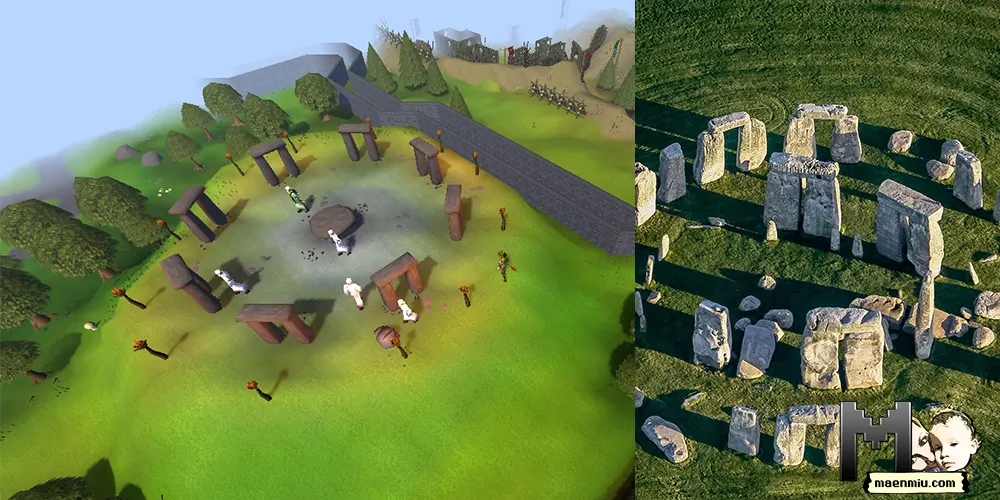
Vikings
The Vikings, active from approximately 793 to 1066 AD, were seafaring people from the Scandinavian regions of Europe. Known for their exploration, trading, and raiding, they had a complex social hierarchy and were deeply influenced by their rich mythology. Their culture encompassed aspects such as democratic governance, intricate architecture, exceptional maritime abilities, legendary sagas, fierce combat traditions, runic inscriptions, diverse occupations, and profound spirituality.
Rellekka
Rellekka is a region in Old School RuneScape that is inhabited by the Fremennik tribe. This fictional tribe, their customs, and the land they inhabit are inspired by Viking culture and tradition. From their societal structure to their seafaring abilities, the parallels between the Fremennik and Vikings form the basis for an immersive and historically inspired gaming experience.
Society and Culture
Vikings lived in a structured society where free men could participate in the Thing, a legislative assembly that decided on matters of law and justice. Decisions were made collectively, and leaders were often chosen based on merit rather than birthright. In OSRS, the Fremennik of Rellekka exhibit similar democratic practices. The Fremennik Trials quest emphasizes a council voting system, where the player must earn the approval of the tribe, just as in Viking society where disputes and claims were presented before an assembly. The social hierarchies, roles, and importance of community in both cultures demonstrate how governance and social structures can transcend time and fiction.
Linguistic connection
The linguistic connection between the term “free men” in Viking society and the “Fremennik” inhabitants of Rellekka in Old School RuneScape is a notable and symbolic one. In Viking society, free men were those who held full legal status, able to participate in communal decision-making gatherings known as the Thing. These gatherings were vital in determining laws and settling disputes, giving a voice to those considered free within the community. The word “Fremennik” in OSRS seems to be an imaginative adaptation of this term, reflecting not only the democratic values and participatory governance embodied by the Fremennik people but also their status as free and independent individuals.
This connection goes beyond mere etymological resemblance; it serves to illustrate how language and terminology can encapsulate deeper cultural and societal principles, creating a bridge between historical reality and fictional world-building. It’s a clever nod to Viking culture, embedding authentic elements into the very name of the tribe, enhancing the immersive experience for players.
Architecture
Viking architecture was functional, built to withstand harsh climates, with longhouses serving as multi-purpose dwellings for families and livestock. The artistry in wood carving was not just decorative but often held symbolic meaning. Similarly, Rellekka’s architecture replicates this style. The longhouses in Rellekka are not merely aesthetic; they serve as functional spaces where characters live and interact, mirroring the communal living style of the Vikings. The carvings and decorations in the game often carry significance within quests, reflecting the deeper cultural meaning found in Viking artistry.
Seafaring and Exploration
Vikings were master seafarers, exploring vast territories with their longships designed for both deep-sea travel and river navigation. They established settlements far from Scandinavia, such as in Iceland and North America. In OSRS, the Fremennik also demonstrate this seafaring prowess. Quests involving exploration and maritime travel are numerous, and the ship designs resemble Viking longships. The player’s exploration of new islands and engagement in trade or battle on the sea reflects the complexity of Viking maritime culture, emphasizing a shared spirit of adventure, conquest, and navigation. No reference to sailing here, however.
Mythology and Legends
The rich sagas and myths of the Vikings were moral tales and historical records filled with gods, giants, and heroes. These stories served educational purposes and were integral to their cultural identity. In OSRS, quests like “The Fremennik Trials” mirror these challenges, filled with symbolic creatures, riddles, and heroic feats. The interweaving of legend and narrative in the game serves similar functions as Viking sagas, providing entertainment, moral lessons, and forming a part of the cultural fabric of the Fremennik.
Battle and Conflict
Viking society was known for its martial skill, with warriors often glorified in poems and songs. Conflicts and raids were not just battles but a way to establish reputation and honor. In Rellekka, the Fremennik warriors share these traits. The conflicts within the game, such as those between the Fremennik and the Moon Clan, mirror the real conflicts between different Viking clans and tribes. This shared emphasis on martial prowess, honor, and the art of war offers a glimpse into the universal human themes of rivalry and valor. Besides the battles you face throughout the quests located around Rellekka, the Fremennik achievement diary is one of the most combat focused achievement diaries in Old School RuneScape.
Runic Inscriptions
Vikings used runes as both a language and a form of mystical symbolism. Runes were carved into stones for commemorative purposes and were believed to hold magical properties. In OSRS, runes are central to the magical system, and the art of runecrafting is a prized skill among the Fremennik. The comparison here is not just superficial; it reflects how a writing system in history can transform into a magical system in a fictional world. This adaptation maintains the sense of mystery and importance that runes held in Viking society, especially considering that for the Fremennik diary you’ll need 82 Runecrafting.
Lifestyle and Occupations
Vikings were not just warriors; they were also skilled fishermen, farmers, craftsmen, and traders. The harsh environment dictated a need for a wide range of skills for survival. In Rellekka, the Fremennik’s lives also encompass these various occupations, and the player’s engagement with these tasks adds depth to the gaming experience. The realistic portrayal of daily tasks in Rellekka mirrors the multifaceted nature of Viking society, reflecting a shared understanding of human survival and community interdependence.
Religion and Spirituality
Viking religion was polytheistic, with a pantheon of gods, and beliefs in realms like Valhalla and Helheim. Rituals, sacrifices, and spirituality were integral to daily life. In OSRS, the Fremennik also have spiritual beliefs that are woven into quests and the game’s lore. The portrayal of divine beings and spiritual realms in the game serves to enhance the gaming experience, drawing players into a metaphysical exploration that resonates with the Vikings’ profound spiritual life.
Conclusion
The comparison between the Vikings and the Fremennik of Rellekka in OSRS is more than a surface-level inspiration; it reveals a deep and nuanced adaptation of a historical culture into a fictional gaming environment. By delving into the rich parallels between these two societies, we discover not just a creative homage to history but a sophisticated interplay between reality and fantasy. These comparisons offer an enriched perspective on the Vikings’ complex culture while showcasing the ability of games like RuneScape to translate historical concepts into engaging and immersive experiences. Whether it’s the shared democratic values, the artistry in architecture, the spirit of exploration, the living legends, the valor in battle, the mystique of runes, the multifaceted daily life, or the profound spirituality, each connection deepens our appreciation of both the game and the historical civilization that inspired it.
I created this article with the partial assistance of an AI tool. Learn about my view on AI and why I’m telling you about it.

